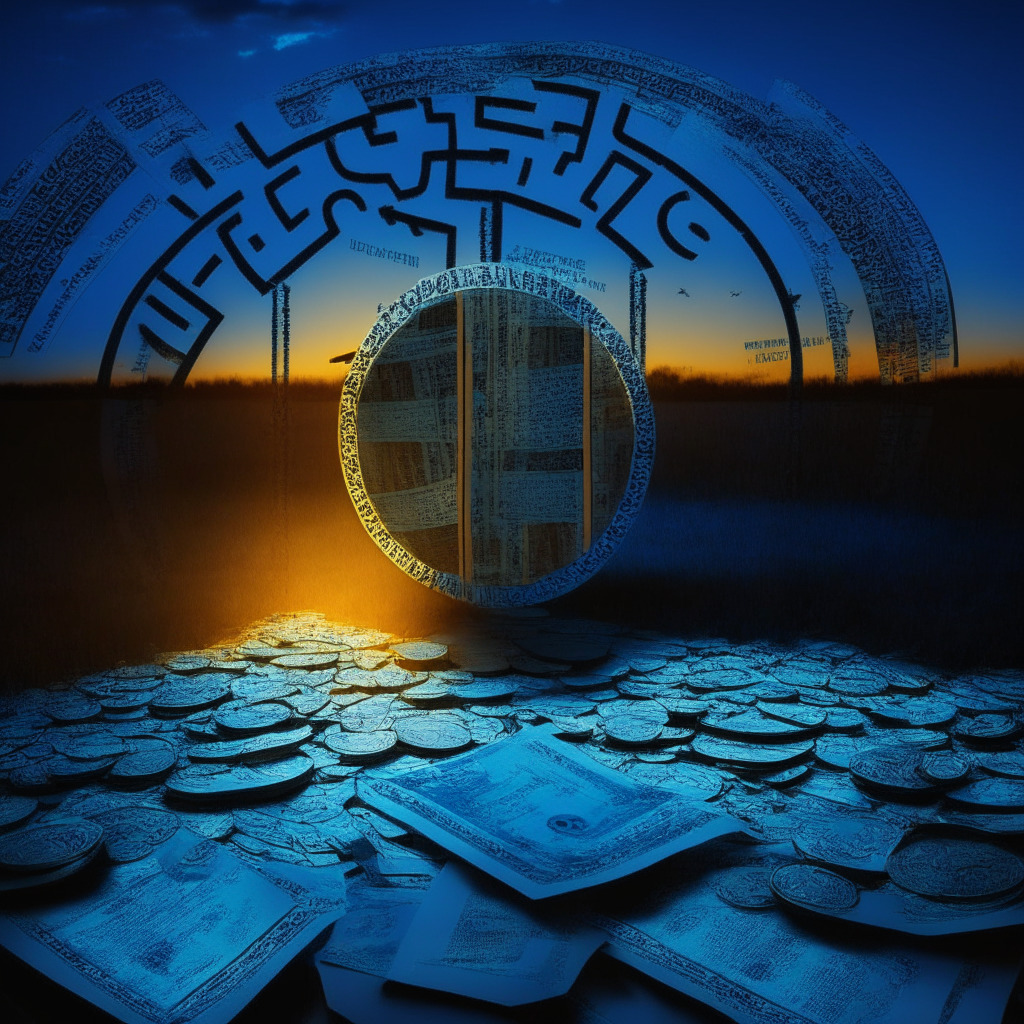In an unexpected turn of events, the U.S. Securities and Exchange Commission (SEC) experienced a significant setback in their years-long assessment of Ripple Labs. A Federal Judge in the Southern District of New York contended the case was deficient in many areas. This revelation was undoubtedly welcome news for many in the crypto community, yet detrimental to the SEC who has long-sought to control this rapidly evolving sector.
The SEC, however, put on a brave face, defending its argument that the contracts negotiated between Ripple and various investors required lawful registration due to the securities nature implied by the “Howey test”. Despite this, the agency conspicuously avoided acknowledging the part of the ruling damaging to its crypto-approach. The consequence of this decision cannot be underestimated: it could significantly alter the narrative for not only Ripple but the industry as a whole.
Concurrently, this verdict raises questions about the SEC’s preferred approach to managing the crypto industry. Ought they have sought legislative changes, or continued their discussions with the sector? These potential reconsiderations testify their surprise was probably on par with the wider crypto sector, who predicted a catastrophic loss for Ripple and others.
This judgment doesn’t necessarily label Ripple’s XRP token as a security. But it does lead us to wonder about the SEC’s success in convincing the courts that other crypto tokens are securities or that secondary market crypto trading is a regulated activity. Even if the SEC can appeal at some point, the damage has been done.
This judgement doesn’t imply the end of the crypto legal theories by SEC or the end of their hard-charging tactics. It also doesn’t indicate the end of SEC chairman Gary Gensler’s tenure. However, this ruling serves as a glimmer of hope for the crypto community, boosting their confidence to stand firm against the SEC’s legal argument.
Undoubtedly, the main takeaway from the Ripple case is the urgency for a clear regulatory framework for crypto that is aligned with the technology just like other countries have. The ruling exposes the superficial nature of SEC’s assurances and pushes for legislation that accurately defines the SEC’s mandate in US crypto markets.
The SEC will continue to play a critical role in the U.S. crypto markets, but the role must be determined by Congress, not the Commission itself. This demand for legislation to provide oversight and protection, not only for the industry but for the broader public as well, is paramount.
Despite setbacks, the SEC is unlikely to soften its assertive approach. If anything, it may double down on enforcement, projecting strength and demonstrating their commitment to protecting investors and the integrity of the markets.
Source: Coindesk




